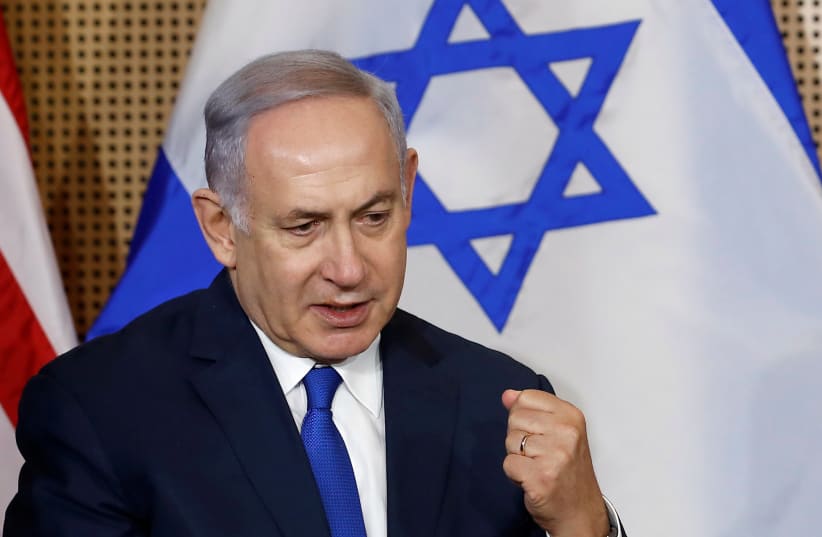Netanyahu: Israeli-Arab ties advance, but full peace unattainable now
Arab foregin ministers agreed that Israel had a right “to defend itself against Iranian aggression,” and held that it poses an existential threat, even without nuclear weapons, he said.
